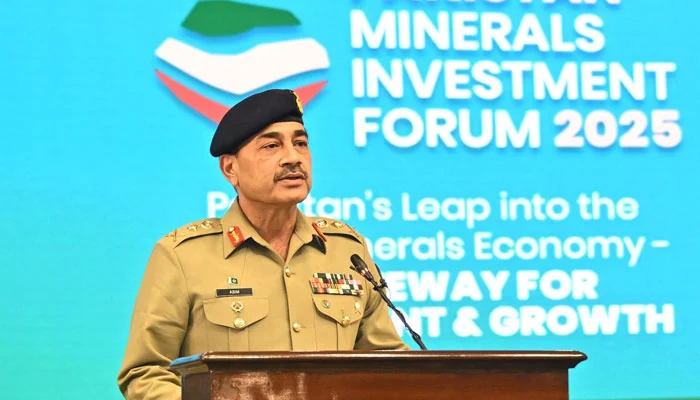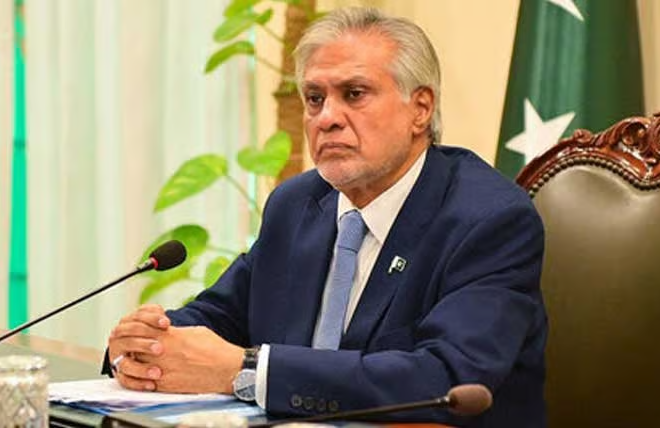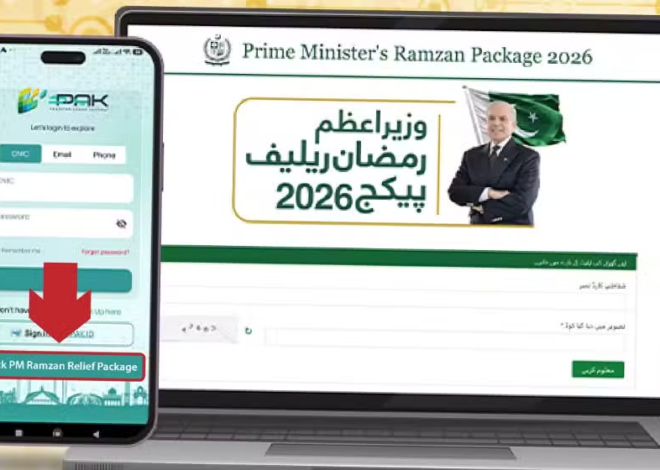
Army to Ensure Robust Security for Investors in Mineral Sector: COAS
The potential for growth in Pakistan’s mineral sector has long been recognized, yet one of the key hurdles hindering its expansion has been the lack of security for both domestic and foreign investors. With a vast range of untapped natural resources, Pakistan’s mineral wealth is a valuable asset that, if harnessed properly, could contribute significantly to the country’s economic development. However, security concerns in certain regions, especially in the northwest and Balochistan, have made investors hesitant. Addressing this, the Chief of Army Staff (COAS) of Pakistan, General Qamar Javed Bajwa, recently underscored the military’s commitment to ensuring robust security for investors in the mineral sector. This move is expected to be a game-changer in the quest for harnessing the country’s vast natural resources.
The Need for Investment in Pakistan’s Mineral Sector
Pakistan sits on a wealth of untapped mineral resources, including coal, copper, gold, and precious stones. According to estimates, the country is sitting on mineral reserves worth billions of dollars, which remain largely unexplored due to logistical challenges, outdated infrastructure, and security concerns. The extraction and processing of these resources could provide not only a massive boost to Pakistan’s GDP but also create thousands of jobs, provide raw materials for industries, and significantly reduce the country’s import dependency.
In particular, Balochistan, home to vast mineral reserves, has long been a focus of both national and international investors. The region is rich in natural resources, including the world-renowned Reko Diq copper and gold mines, but due to a history of political unrest and security challenges, many investors have been hesitant to commit to large-scale projects.
COAS’s Assurance to Investors
General Qamar Javed Bajwa’s recent statement that the Army would ensure robust security for investors in the mineral sector is a positive signal for those looking to invest in this untapped market. He emphasized that Pakistan’s armed forces would extend their full support to ensure that security concerns, especially in volatile regions, are addressed comprehensively.
The Army’s role is seen as crucial in creating a secure and stable environment where investors can operate without fear of violence, theft, or sabotage. The military has been actively involved in combating insurgent groups and terrorist organizations in regions like Balochistan, Khyber Pakhtunkhwa, and the tribal areas, where mineral-rich areas are often located. By ensuring that these regions remain secure, the military hopes to foster an environment of trust and confidence among potential investors, both local and international.
The COAS’s statement comes at a time when Pakistan is trying to revive its economy through foreign investment and job creation. The military’s involvement in securing the mineral sector will be vital in attracting foreign direct investment (FDI), which is crucial for modernizing infrastructure and technology in the sector.
How the Army Can Provide Security
Pakistan’s Army is already deeply involved in the country’s security and counterterrorism efforts. Its expertise in managing security in high-risk areas and its logistical capabilities can be leveraged to ensure the safety of investors and their operations. This could involve the deployment of specialized security forces to monitor and secure mining sites, the provision of intelligence support to identify and neutralize threats before they escalate, and the establishment of rapid response teams to manage emergencies.
In addition to physical security, the Army can also play a role in assisting with the development of essential infrastructure in mineral-rich areas, such as roads, communication networks, and transport facilities, all of which are vital to the smooth operation of mining activities. In this regard, collaboration with private companies and government agencies can pave the way for a sustainable and secure mining ecosystem.
Impact on the Economy
The promise of security will likely have a profound impact on Pakistan’s economy. If the Army succeeds in creating a stable environment for investment, it will pave the way for major mining projects that can contribute to long-term economic growth. For instance, projects like Reko Diq and the Thar coal mines could be revitalized with the influx of investments, providing a major boost to both regional and national economies.
Beyond the financial returns, such developments could lead to the establishment of industries related to mining, such as processing plants and manufacturing units. This would help diversify Pakistan’s economy, which is currently heavily reliant on agriculture and textiles.
Furthermore, by promoting investment in the mineral sector, the government can also generate substantial revenue through taxes and royalties, which can be reinvested into infrastructure development, healthcare, and education, thus contributing to the overall betterment of society.
Conclusion
General Bajwa’s commitment to ensuring robust security for investors in Pakistan’s mineral sector marks a significant step in unlocking the country’s resource potential. By addressing the critical issue of security, the military is laying the groundwork for a safer, more stable environment for domestic and international investors alike. If successful, this initiative could transform Pakistan’s mineral sector into a key driver of economic growth, job creation, and industrial development. With the combined efforts of the military, government, and private sector, Pakistan has the potential to emerge as a major player in the global mineral market, bringing prosperity to its people and strengthening its position on the world stage.







